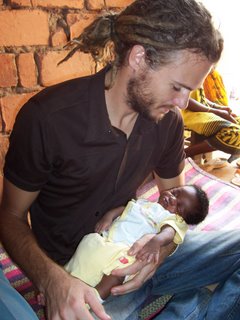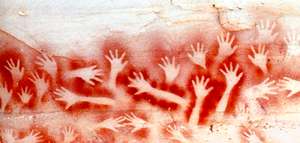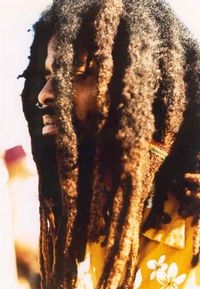
- MAP -
Men Against Patriarchy
This document is a manifesto for men to join together to find a way out of the bonds of patriarchy. The idea for forming MAP is based on the realization that patriarchy is just as damaging to the male spirit as it is to the female one. MAP is further based on the realization that the prevailing global systems of patriarchy together with capitalism and liberalization are causing deep harm to all living and non-living entities within this planet earth. Many women woke up to this realization years ago, as they were (and still are) the most directly affected by these oppressive forces. Many men on the other hand live in a state of denial, that somehow through their position within patriarchy their lives will be fully enriched. The truth is that the majority of men are in a terrible state under this system. This can be seen in the amount of violence men cause to other men, to women and to fellow beings. This can be seen in the bitterness and the disconnection of men to their emotions. This can be seen in the total lack of social support for men in their attempt to change themselves and their circumstances. This can be seen in the high suicide rates amongst men and in the violent ways in which they kill themselves. This is seen in the confusion men feel each waking morning of their self worth within a changing and ever increasing more unstable global society.
MAP is further built on the realization that without men there can be no real equality and peace on earth. Men are central to whether this world fails or transforms into a place where compassion and understanding reigns. Without men, women will fail in their attempts to reach a better world. In the worst case, as is happening now women are learning that the only way to obtain power is to behave like patriarchal men and oppress all those around her. She is learning that violence is the only way. She is learning the same confusion and bitterness that men feel. Men must now make a stand together with their non-patriarchal sisters in finding a new world beyond this one.
MAP is designed for men but it is not proposed as an exclusive club, it must be open to all people from all ages to attend and take part in meetings.
MAP is proposed as a forum where men can express and discuss their anxieties under patriarchy, however it is not designed as a ‘feel sorry for men’ club. It is proposed as a forum from which men can support each other in ways they can work at freeing themselves and others from the bonds of patriarchy.
MAP is proposed as a place where learning can take place from people and thinkers that have been involved in the fight to deconstruct patriarchy. It is a place that should be open for new thoughts and ideas from outside sources.
MAP is proposed as a place where after greater formulation of its common values and direction that it can be involved as a change agent within society. Whether it be writing articles or newsletters or being involved in public events and demonstrations.
I look forward to building this forum together with you so that we may start to combine our efforts in living in a world free from patriarchy.
If you are interested please contact:
Stuart Thomson
Stuart.Thomson@forumsyd.org

